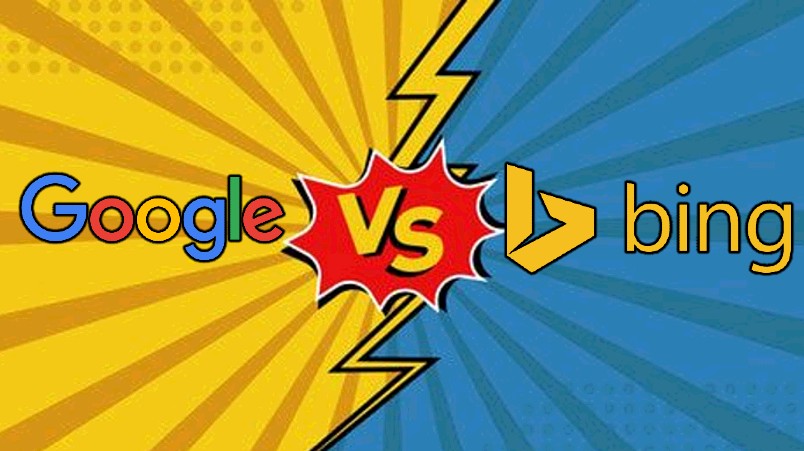Bing now incorporates OpenAI model: More powerful than ChatGPT and customised specifically for search, says Microsoft

That was quick. The day after Alphabet announced its ChatGPT competitor — Bard AI — Microsoft is out of the block with a new release of Bing that uses OpenAI's large language model, and it's customised for search.
What you need to know:
- Microsoft is already delivering major innovations to core products off the back of its OpenAI investment.
- For advertisers, smarter and more actionable opportunities to build engagement
- Says Bing's search more powerful than ChatGPT and customised for search.
- Applies AI to core search algorithm.
- User experience - pulls chat, browser and search into a unified experience.
There are 10 billion search queries a day, but we estimate half of them go unanswered.
Microsoft has immediately clapped back at Alphabet's announcement of Bard AI – the Google owner's response to the threat of ChatGPT – by announcing a dramatic overhaul of its Bing browser that integrates OpenAI's large language model and is customised specifically for search.
Microsoft is a major investor in OpenAI and is expected to grow its share in the business to 49 per cent based on the terms of a recent deal.
For advertisers, Microsoft says its ability to understand complex queries in greater depth and precision, as well as the rich insight it will gain into user intent through deep conversational engagement, will deliver smarter and more actionable opportunities for advertisers to build customer engagement.
According to Rob Wilk, Corporate VP, Microsoft Advertising, "With deeply personalised experiences we expect to be able to deliver even more relevant messages to consumers, with the goal of improved ROI for advertisers. And as usage expands, we expect to see greater volume leading to more opportunities for advertisers to reach their desired customers."
Microsoft's Corporate Vice President & Consumer Chief Marketing Officer, Yusuf Mehdi, meanwhile, claims the end result is a tool that is more powerful that ChatGPT.
In a company blog, Mehdi wrote: "Today, we’re launching an all new, AI-powered Bing search engine and Edge browser, available in preview now at Bing.com, to deliver better search, more complete answers, a new chat experience and the ability to generate content."
According to Medhi: "There are 10 billion search queries a day, but we estimate half of them go unanswered. That’s because people are using search to do things it wasn’t originally designed to do. It’s great for finding a website, but for more complex questions or tasks too often it falls short."
"These groundbreaking new search experiences are possible because Microsoft has committed to building Azure into an AI supercomputer for the world, and OpenAI has used this infrastructure to train the breakthrough models that are now being optimised for Bing."
Microsoft rattled off its highlights:
- Better search: More relevant results for simple things like sports scores, stock prices and weather, along with a new sidebar that shows more comprehensive answers if you want them.
- Complete answers: Bing reviews results from across the web to find and summarise the answer people are looking for.
- New chat experience for Bing: An interactive chat experience for more complex search queries designed to help refine a search.
- Content generation: Takes the next step after search by helping the user generate emails, summaries, etc.
- New Edge experience: Edge browser updated with new AI capabilities and a new look, with chat and compose capabilities.
Responsible AI
Microsoft also said it is working with with OpenAI to implement safeguards to defend against harmful content. "Our teams are working to address issues such as misinformation and disinformation, content blocking, data safety and preventing the promotion of harmful or discriminatory content in line with our AI principles."
Medhi said this forms part of a years long effort to ensure that AI systems are responsible by design: "We will continue to apply the full strength of our responsible AI ecosystem – including researchers, engineers and policy experts – to develop new approaches to mitigate risk."


